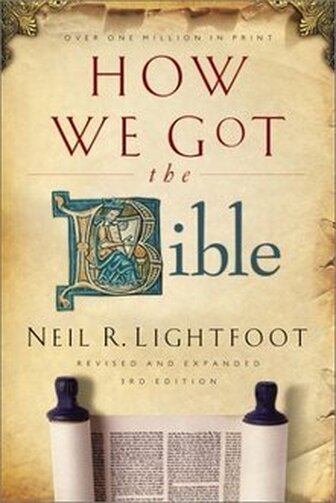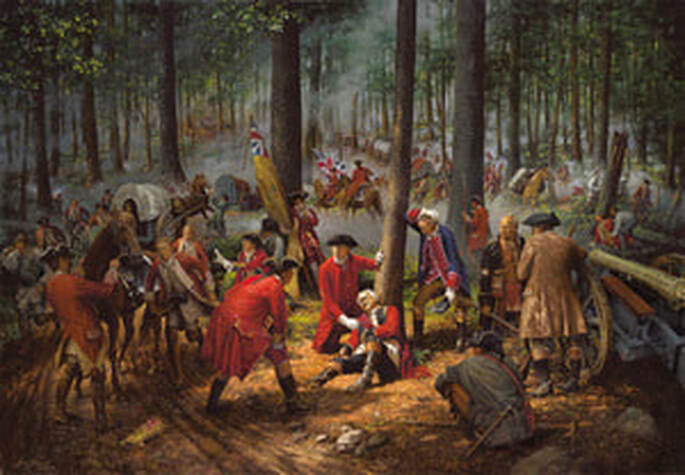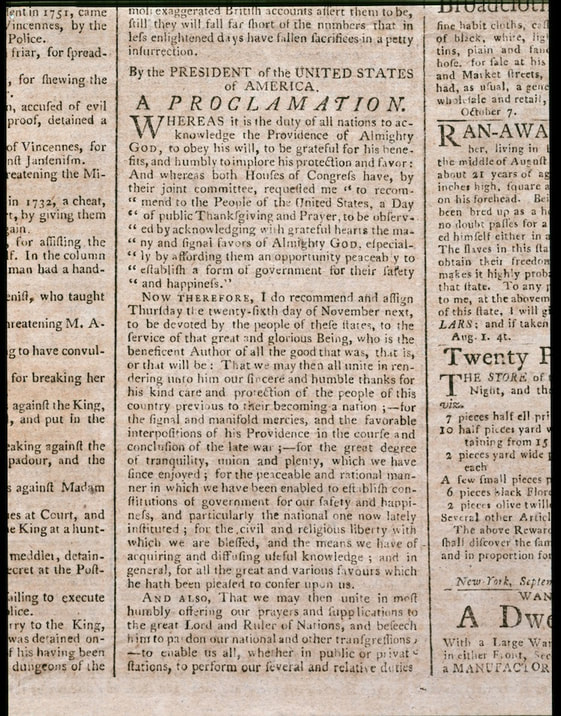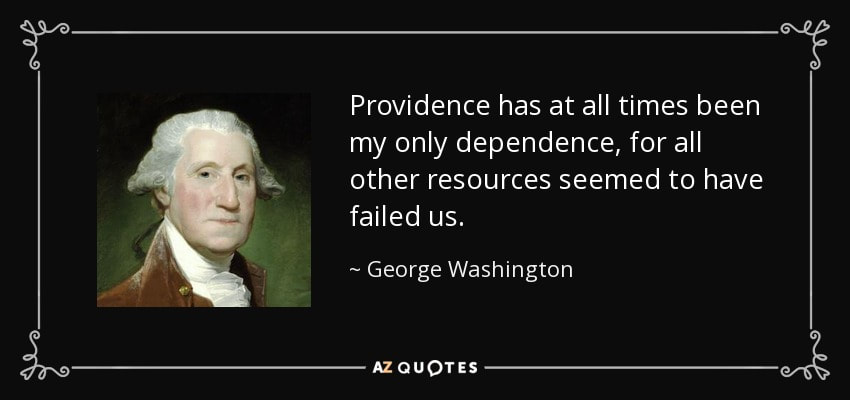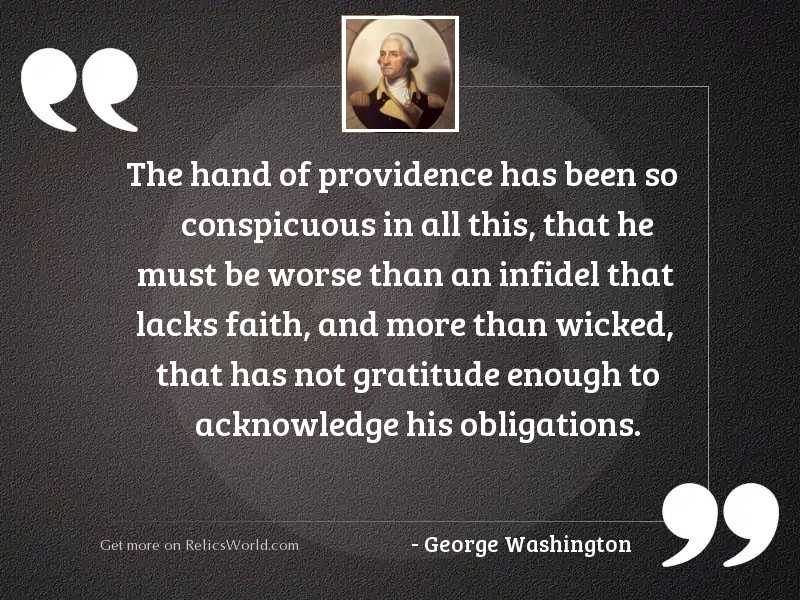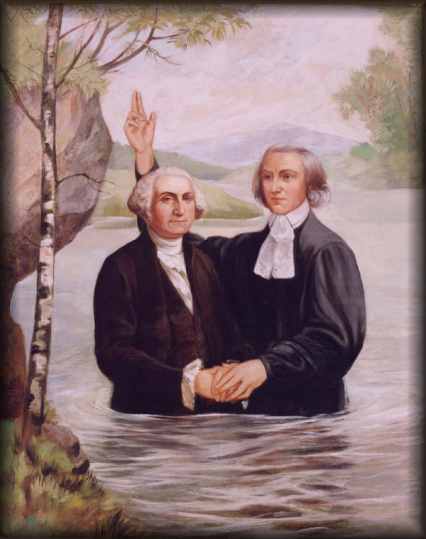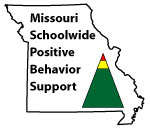beginning at 7:00 pm on Wednesdays.
at the church of Christ in Carthage, Missouri, south of the Ford dealership
PLEASE JOIN US!
The Bible Self-Identifies
| If God inspires the words in our Book of Books, would He also allow us to be missing parts of it? If we have the whole of Scripture, it is no wonder that we are instructed not to add to it or take away from it, but what of latter day revelations? | Chapter 18 of Neil Lightfoot's book, How We Got the Bible, approaches the Bible's claims about itself. We understand that this chapter contains claims that any self-respecting atheist who denies the Bible will also deny Its claims about Itself. Still, with a look forward to evidence that does address the unbeliever's debate points, we pause in Chapter 18 to recognize the reasons why we desire to increase our faith. We must realize, here at the beginning of our study, that we believe the entirety of Scripture, from Genesis to Revelation, is inspired by God through His Spirit, but what does that mean? |
God's Communication Has Changed
| Genesis 2: Adam (conversation) Genesis 4: Cain (conversation) Genesis 6: Noah (conversation) Genesis 12: Abraham (conversation) Genesis 15: Abraham (vision) Genesis 28: Jacob (dream) | Exodus 3: Moses (burning bush) Exodus 20: Moses (10 Commandments) 1 Samuel 3: Samuel (conversation) Luke 1: Zechariah (Angel Gabriel) Luke 1: Mary (Angel Gabriel) Acts 9: Saul/Paul (conversation) |
Chapter 18 of our How We Got the Bible offers the following passages for our consideration:
| The Teachings of Christ: Inspiration of the Old Testament: Inspired by the Spirit of God: Jesus and the Law of Moses: Authority of the Apostles: The Church Acknowledges Paul's Authority: Apostles Speak the Word of God: | Mark 13:31 2 Timothy 3:16f 2 Peter 1:19-21 Matthew 5:27-48 Matthew 16:19 (cf. 18:18); John 20:23 1 Corinthians 14:37 1 Thessalonians 2:13 |
When we claim that the Bible is inspired, it is important for us to understand that the source of the inspiration is the very Spirit of God. That Spirit, according to claims made in the Bible itself, inspired - gave particular knowledge and encouragement to approximately 40 men to record words directly "dictated" by the God's intentions.
|
|
|
|
George Washington and Providence
| On many occasions, George Washington claimed that Providence was responsible for his success - whether in attack, in retreat, or in the throes of battle. See the publication below (transcribed at right). What do you notice about George Washington's Thanksgiving Proclamation? Below are some other quotes from our first president: | By the President of the United States of America, a Proclamation. |
| Faith and the Founders George wasn't the only one who cited Deity and expressed his belief in the Providence of the Almighty God in his writings. Others, too, called for the repentance of the nation. If you would like to learn more about the founders of our nation and their opinions about God and His Providence, try the Apologetics Press series, "America's Most Pressing Concern", by Dave Miller. The first video in the series is here (right). | |
| Speaking of George Washington It may come as a surprise to many to know that George Washington was twice "baptized". According to his mother's Bible, he was christened by sprinkling when was not quite two years old. This was done in the orthodox Episcopal manner, and when he reached the age of 33, he took an oath to conform to the doctrine of the Church of England. During Washington's life, Baptists and Methodists were becoming more and more evangelical. During this period George commented to the chaplain of the Continental Army, John Gano, "I have been investigating Scripture, and I believe immersion to be the baptism taught in the Word of God, and I demand it at your hands. I do not wish any parade made or the Army called out, but simply a quiet demonstration of the ordinance." Then, in the presence of forty-two witnesses, George Washington was immersed in the Potomac River. |
Our focus for this study hinges on answering these two big questions. The goal is to get closer to the answers each week in our class.
Is the Bible accurate and dependable?
Should faith alone be enough to drive you to drive you to your knees? Is "blind" faith a stronger kind of faith? If so, then why did God provide so much evidence?
